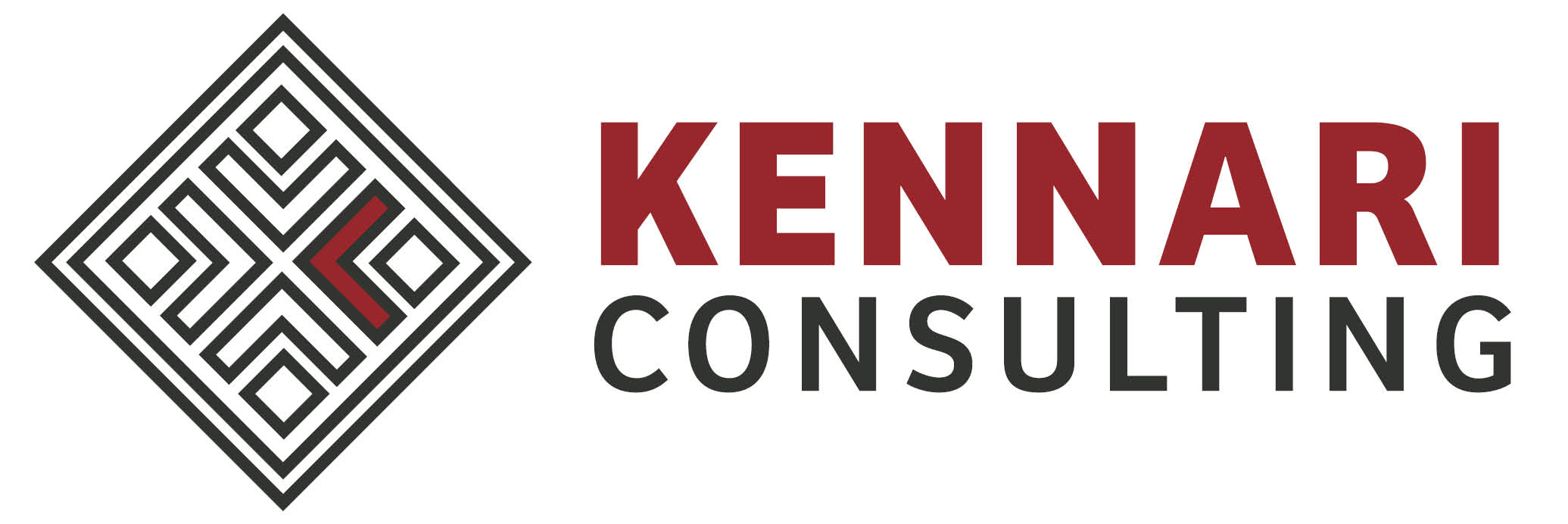Grants can be a great way to raise funds for your organization, but many grants are time-consuming to prepare and submit.
Further, the work doesn’t always stop after a grant is submitted.
While being awarded a grant is exciting, receiving a grant award can bring with it additional work. There are often many post-award tasks and activities that are important to complete during the lifecycle of a grant, including adhering to specific grant requirements, completing grant reports, and maintaining a positive relationship with the funder.
Below are some best practices to consider for managing a grant award:
- When you get the great news that your grant proposal has been selected for funding, send the grantor/funder a thank you card or email, or give them a call to thank them for the grant award.
- Review the grant agreement and other award materials thoroughly. Write down any/all requirements and deadlines for submitting documents and reports. Consider adding deadlines and other important dates to your calendar to help you keep track of things.
- Within your organization or team, confirm who will take the lead on managing the grant and ensuring that all requirements are met. Often this will be the same person who wrote and/or submitted the grant request.
- Inform other team members and staff of the grant award, ideally via email so that there is a written record of the announcement. This communication can be sent to development staff, accounting/finance staff, program staff, individuals on the leadership team, and/or others as determined by your team.
- If needed, hold a meeting with all necessary staff and team members to discuss the grant award and requirements. This can be particularly useful when a grant is for a new program, a grant that involves complicated reporting requirements, or when a grant relies on effective collaboration across different departments or programs.

- Ensure that your organization’s accounting/finance and program staff know whether the grant dollars are restricted (i.e., the funds can only be used on certain items or expenses as outlined in the grant proposal) or unrestricted. If restricted, make sure that both accounting/finance and program staff have a process for tracking and monitoring how the funds are spent.
- Let the funder know as soon as possible if changes to your project/program occur during the grant period or you can no longer spend the funds how you told the funder you would. Be sure to ask them if making modifications to grant funds is allowed and if any additional documentation is required.
- If needed, ensure that program staff are tracking program outcomes/goals as outlined in the initial grant proposal so that outcomes can be reported back to the funder at the end of the grant period. Consider scheduling regular meetings with the program staff throughout the grant period to ensure that all outcomes/goals are being tracked correctly. This will also ensure that you are alerted to any challenges or changes that arise so that you can inform the funder if needed.
- When in doubt, reach out! If you have any questions about grant requirements or grant restrictions, do not hesitate to ask the grantor/funder. An important part of grant management is relationship management. Further, proactive and honest communication shows funders that you are a good steward of funds, which makes your organization more likely to receive grant funds from them again in the future if the opportunity arises.
- If a grant report is required, be sure to complete the report accurately and on time. Even if a report is not required, consider reaching out to the grantor/funder at the end of the grant period to thank them again for the award and share how the grant made an impact on your organization and the work that you do for the community.
Having a clear grant management process where all involved in your organization understands their role in managing a grant award can prevent stress such as missed deadlines or strained relationships with funders. Implementing these best practices can help streamline the entire process, allowing you and your team to celebrate the grant win and move through the post-award work with greater ease, effectiveness, and enjoyment, ultimately supporting your organization in being able to work toward accomplishing its meaningful work and mission.
—
Megan Brodie, LMSW, joined Kennari Consulting in 2019 as a Strategist with the grants team. Megan’s education and early professional background are in clinical social work, more recently transitioning into macro social work with experience in project management, communications, community relations, and grant writing. Megan’s clinical social work experience has helped her understand the life-changing work that nonprofits do to strengthen communities and she values roles that allow her to make a positive impact on the lives of others. She is eager to help Kennari clients develop strategies to achieve grant success.
